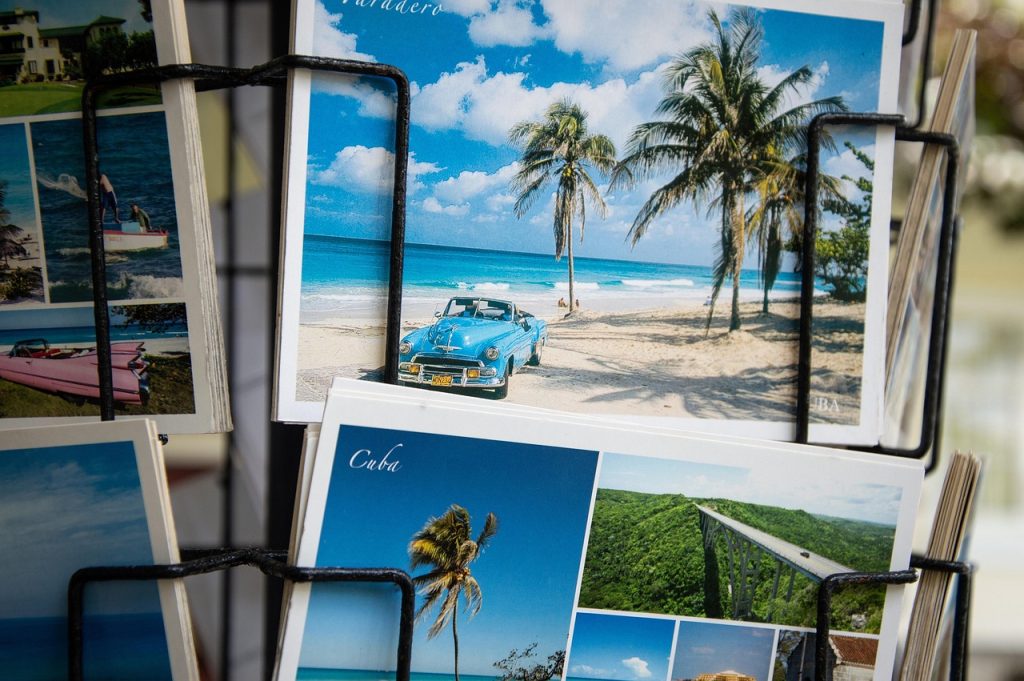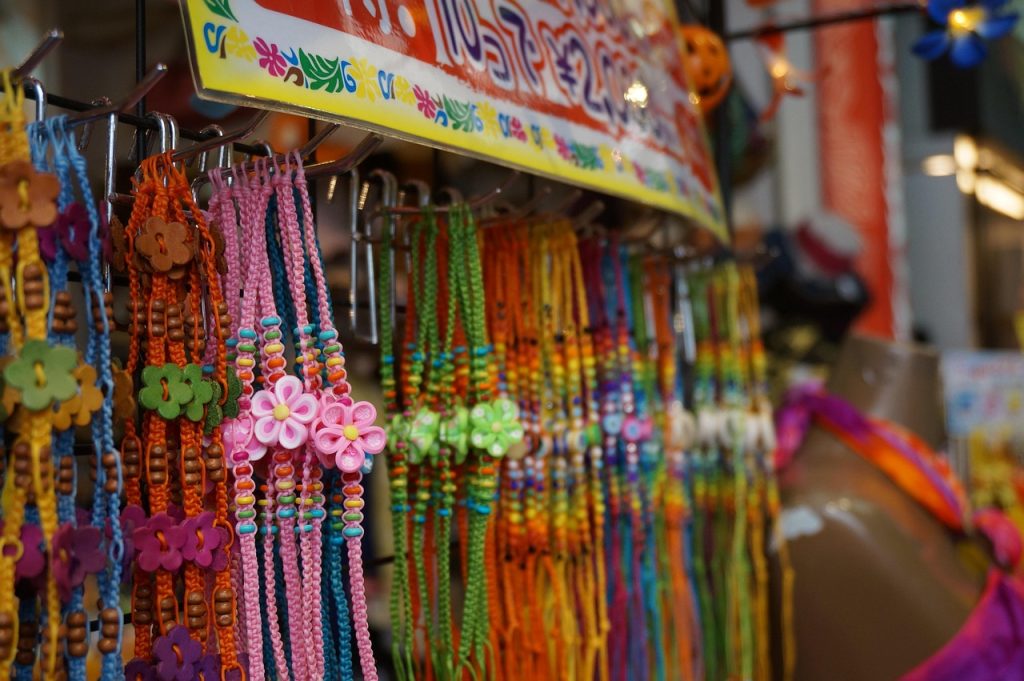Bali is more than just a tropical paradise of beaches, temples, and rice terraces—it is also a treasure trove of art, craftsmanship, and cultural heritage. For centuries, the island has been home to artisans who transform local materials into works of beauty, from hand-carved wooden statues to intricate silver jewelry. Today, travelers from around the world seek not only to experience Bali’s breathtaking landscapes but also to bring home a piece of its soul through meaningful souvenirs. The best Balinese souvenirs are more than decorative items; they embody stories of tradition, spirituality, and creativity that have been passed down through generations.
Whether you are looking for something small and practical, or a piece of art that captures the spirit of the island, Bali offers countless options that perfectly blend culture and creativity. In this guide, we will explore the 7 best souvenirs from Bali, each carefully chosen to help you take home more than just a memory, but a lasting connection to the island’s unique identity.
7 Best Souvenirs in Bali That Blend Culture and Creativity

In this guide, we explore the 7 best souvenirs in Bali that perfectly blend culture and creativity, along with tips on where to find them and how to ensure what you buy is genuine and ethical.
1. Batik and Ikat Textiles
One of the most iconic souvenirs you can find in Bali is batik and ikat textiles. These fabrics aren’t just clothing—they are pieces of art infused with history and symbolism.
- Batik is created using a wax-resist dyeing technique, producing intricate and colorful patterns. Each design often tells a story, from floral motifs symbolizing growth to geometric patterns representing balance.
- Ikat uses a unique weaving method where threads are dyed before being woven into fabric, resulting in complex, often abstract designs.
These textiles are often made into scarves, sarongs, shirts, dresses, or even framed as decorative art pieces.
Where to Find Them:
- Ubud Art Market and Sukawati Market for a wide selection.
- Local boutiques that specialize in ethically produced textiles.
Why It’s Special: By purchasing batik or ikat, you’re not only getting a beautiful, wearable souvenir but also supporting an age-old tradition that has been passed down through generations.

2. Balinese Silver Jewelry
Bali is renowned worldwide for its silver craftsmanship, particularly from the village of Celuk, which has been the heart of jewelry-making for centuries. Local silversmiths are known for their intricate designs and fine attention to detail, producing rings, earrings, necklaces, and bracelets that are both stylish and culturally significant.
Highlights:
- Designs often feature Hindu and Balinese motifs, such as lotus flowers, dragons, and deities.
- Jewelry can be customized or even created in workshops where visitors try their hand at silversmithing.
- Made with sterling silver, ensuring durability and authenticity.
Where to Find Them:
- Celuk Village for authentic workshops.
- Boutiques in Ubud and Seminyak for modern interpretations of traditional designs.
Why It’s Special: Balinese silver jewelry is more than an accessory—it is a timeless reminder of Bali’s artistry and a piece you can wear for years to come.
Also read: The Timeless Beauty of Terrazzo for Modern Living
3. Balinese Coffee and Spices
For those who love flavors, Bali’s coffee and spices make for a delicious and practical souvenir. Bali is home to several coffee plantations, producing varieties such as Kopi Bali, Kintamani coffee, and the famous Kopi Luwak (civet coffee).
Beyond coffee, the island also grows spices like vanilla, cloves, nutmeg, and cinnamon, which are integral to Balinese cooking and rituals.
Highlights:
- Kopi Kintamani: Known for its citrusy aroma and clean taste, grown in volcanic soil.
- Kopi Luwak: One of the world’s rarest coffees, though buyers should ensure it is ethically sourced.
- Spices are often packaged in gift-ready sets, perfect for cooking enthusiasts.
Where to Find Them:
- Coffee plantations in Kintamani for authentic tasting experiences.
- Traditional markets in Denpasar or Ubud.
Why It’s Special: Coffee and spices capture the essence of Bali in flavors and aromas, allowing you to relive the island’s magic with every sip or dish back home.
4. Hand-Carved Wooden Art and Sculptures
Wood carving is one of Bali’s most celebrated art forms, deeply rooted in spirituality and ritual. From large statues of Hindu deities to small decorative masks and animal figures, these creations carry symbolic meaning and showcase incredible craftsmanship.
Highlights:
- Statues of Ganesha, Garuda, or Buddha, often placed in temples or homes for spiritual protection.
- Decorative masks used in traditional Balinese dance performances.
- Everyday items such as bowls, trays, or furniture made with hand-carved designs.
Where to Find Them:
- Mas Village near Ubud, known as the center of woodcarving.
- Ubud Art Market for a variety of small decorative items.
Why It’s Special: Each wooden sculpture is handmade, making every piece unique. They are not just souvenirs but also spiritual works that embody Bali’s artistic soul.

5. Aromatherapy Oils, Incense, and Natural Beauty Products
Bali’s spiritual culture is closely linked to rituals of purification and wellness. This is reflected in its aromatherapy products, incense, and natural skincare offerings.
Highlights:
- Essential oils like frangipani, sandalwood, and lemongrass.
- Hand-rolled incense sticks used in daily offerings and ceremonies.
- Natural beauty products made with coconut oil, aloe vera, and tropical herbs.
Where to Find Them:
- Local spas and wellness boutiques.
- Ubud markets and specialty stores in Seminyak.
Why It’s Special: These souvenirs let you take home Bali’s calming and healing essence. They are perfect for creating a serene atmosphere or maintaining a wellness routine.
6. Balinese Paintings
Art is inseparable from Balinese culture, and paintings are one of the most expressive souvenirs you can bring home. From traditional styles rooted in Hindu epics to modern abstract works, Balinese paintings capture the island’s spirit in vibrant colors and detail.
Highlights:
- Traditional Kamasan paintings depicting Ramayana and Mahabharata stories.
- Modern art blending traditional techniques with contemporary aesthetics.
- Miniature paintings ideal for travelers with limited luggage space.
Where to Find Them:
- Ubud, Bali’s art capital, is filled with galleries and studios.
- Kamasan Village near Klungkung for traditional-style works.
Why It’s Special: A Balinese painting isn’t just decoration—it’s a story, a cultural lesson, and a unique piece of the island’s artistic identity.
7. Handwoven Baskets and Rattan Bags
Bali is famous for its ata grass and rattan weaving, producing stylish bags, baskets, and homeware. These items are both fashionable and functional, making them a favorite among international visitors.
Highlights:
- Round rattan bags (ata bags), now popular worldwide.
- Handwoven baskets and trays, often used in Balinese ceremonies.
- Decorative storage items that combine practicality with artistry.
Where to Find Them:
- Ubud Art Market and Canggu boutiques.
- Villages like Tenganan, known for traditional weaving.
Why It’s Special: These handwoven pieces showcase Bali’s creativity in a way that fits seamlessly into modern lifestyles, blending fashion, culture, and sustainability.
Also read: Bali Tourist Tax 2025: Everything You Need to Know
Tips for Buying Souvenirs in Bali
- Shop Local: Buy directly from artisans or village cooperatives to ensure your money supports the community.
- Negotiate Fairly: Bargaining is common in traditional markets, but always be respectful.
- Check Authenticity: For items like silver or batik, ask about certifications or the crafting process.
- Think Practical: Choose souvenirs that are easy to pack and useful in your daily life.
- Be Ethical: For coffee, spices, and animal-related products (like civet coffee), ensure they come from responsible and cruelty-free sources.
Conclusion
Souvenirs from Bali are far more than simple keepsakes—they are living testaments to the island’s artistry, culture, and spirituality. From batik textiles and silver jewelry to coffee, carvings, and rattan bags, each item carries a story of tradition and creativity. Bringing them home means carrying a piece of Bali’s soul with you, keeping the island’s magic alive long after your trip ends.
Whether you’re shopping in Ubud’s bustling markets, visiting artisan villages, or exploring boutique stores in Seminyak and Canggu, remember that the best souvenirs are those that blend beauty, authenticity, and meaning. Choose thoughtfully, and you’ll have treasures that last a lifetime.

Rafini
Rafini is a seasoned marketing sales expert with over 15 years of experience in the hospitality industry, specializing in commercial renovation in Bali. Having honed her skills at renowned establishments like Accor and Anantara, she possesses a deep understanding of client needs and market dynamics.
Currently serving as a Regional Manager, Rafini excels in driving sales strategies and fostering strong relationships to enhance brand visibility and profitability across her region.





